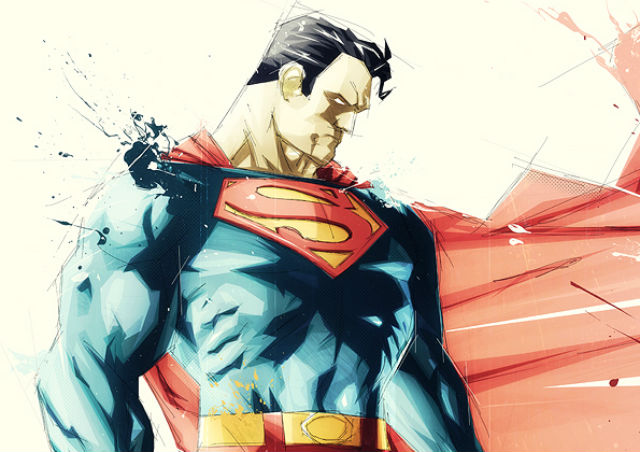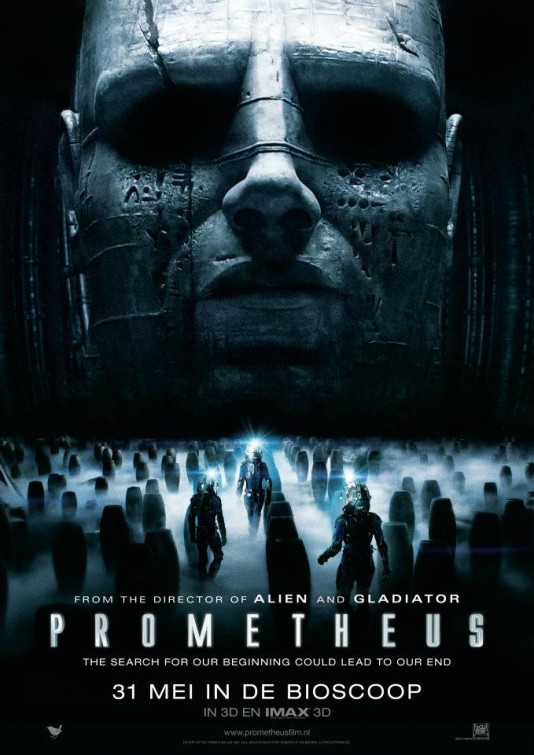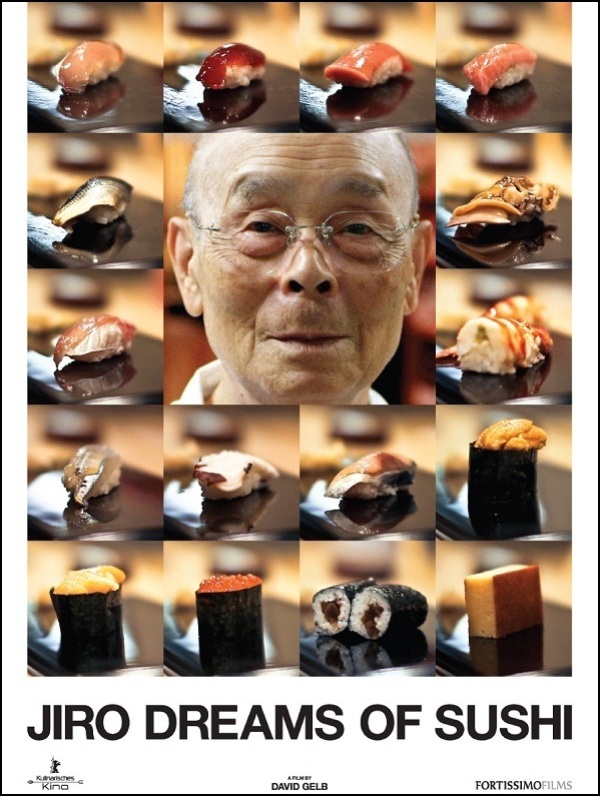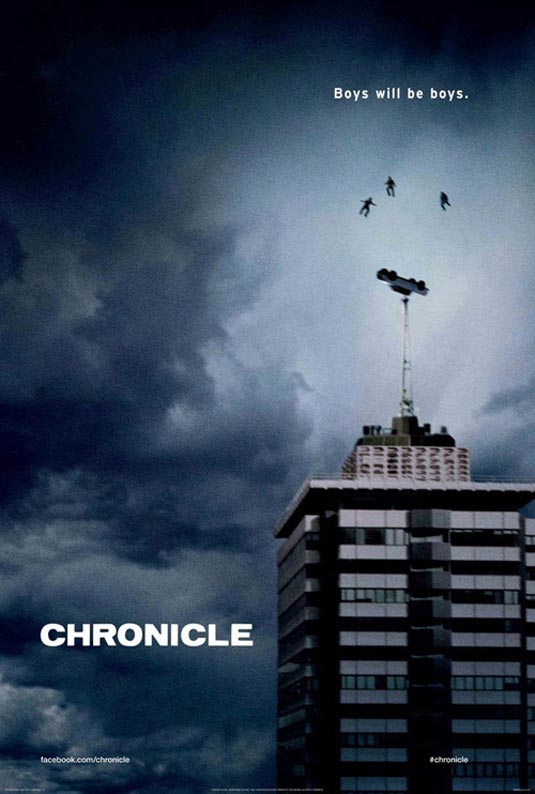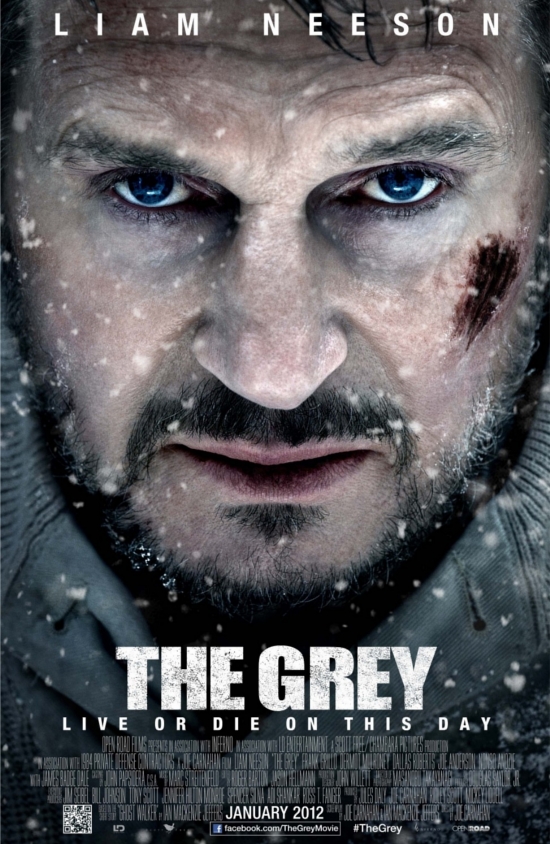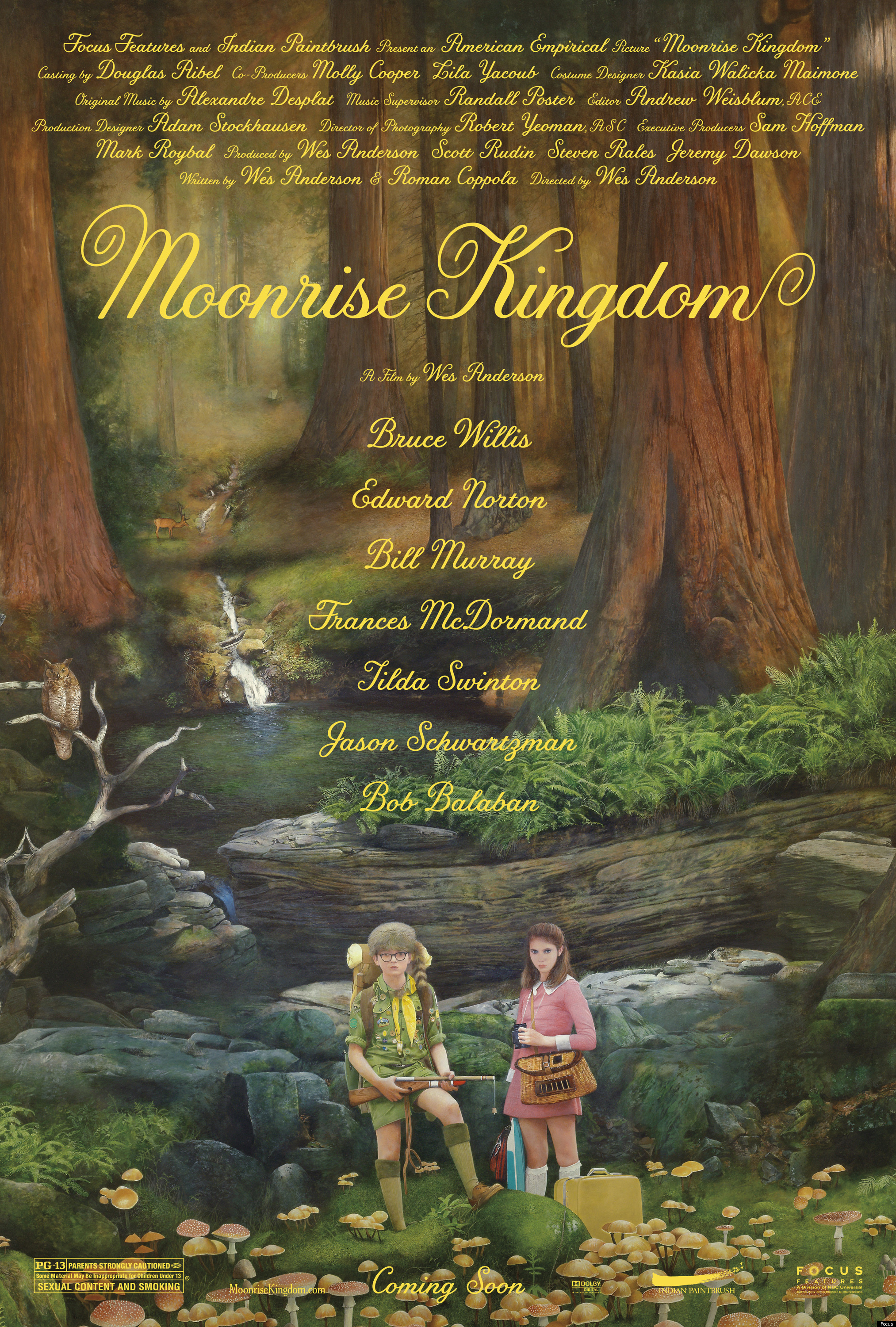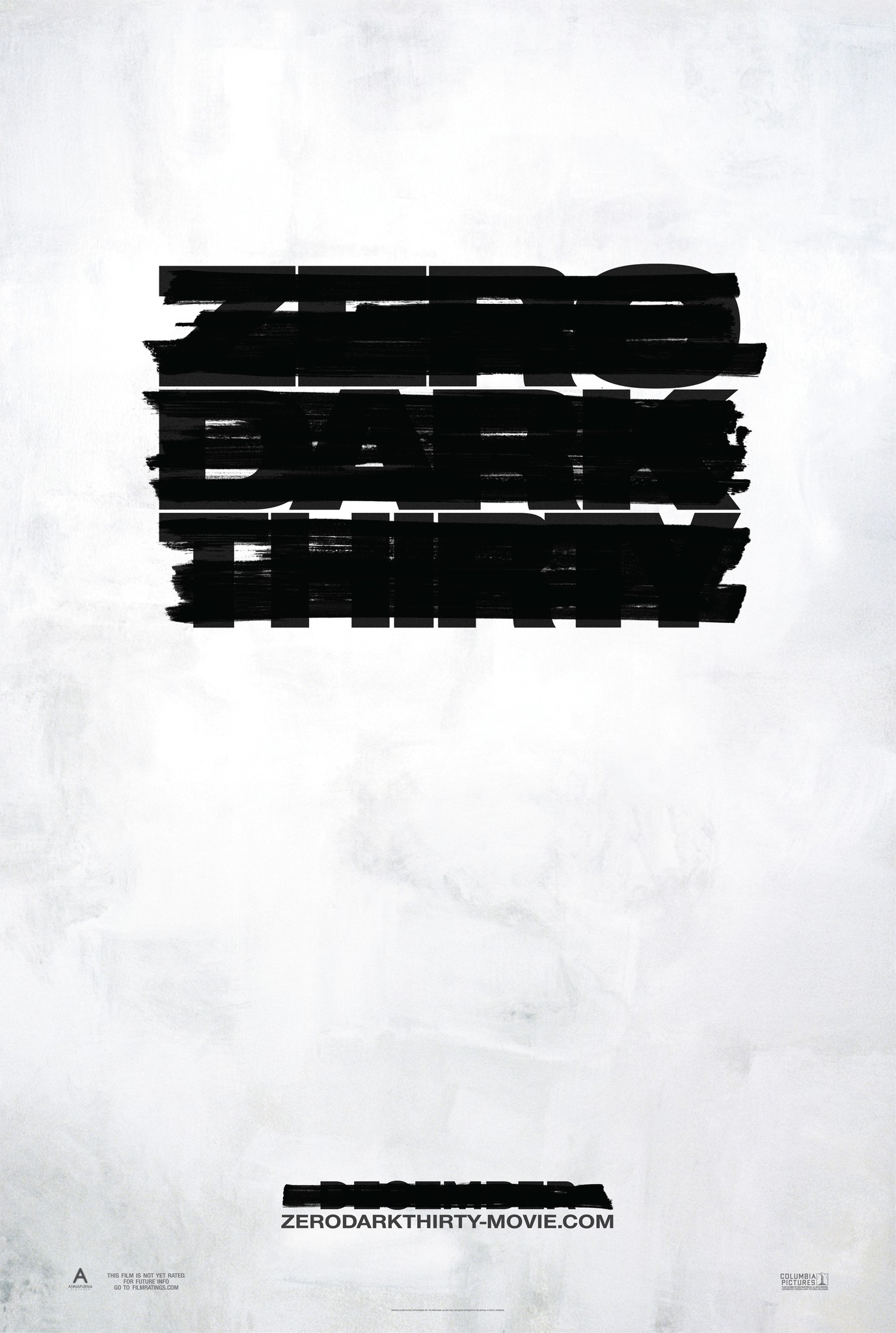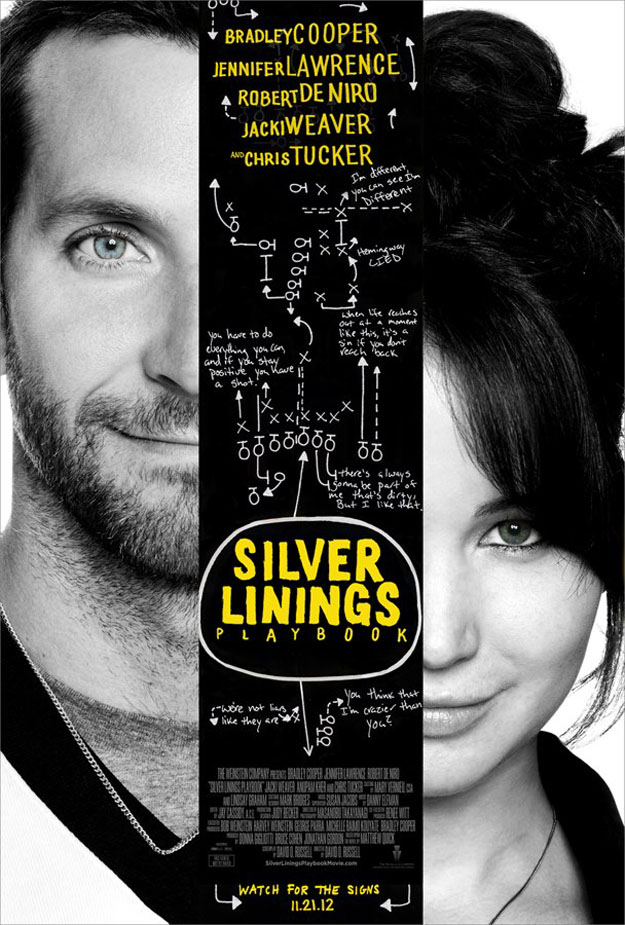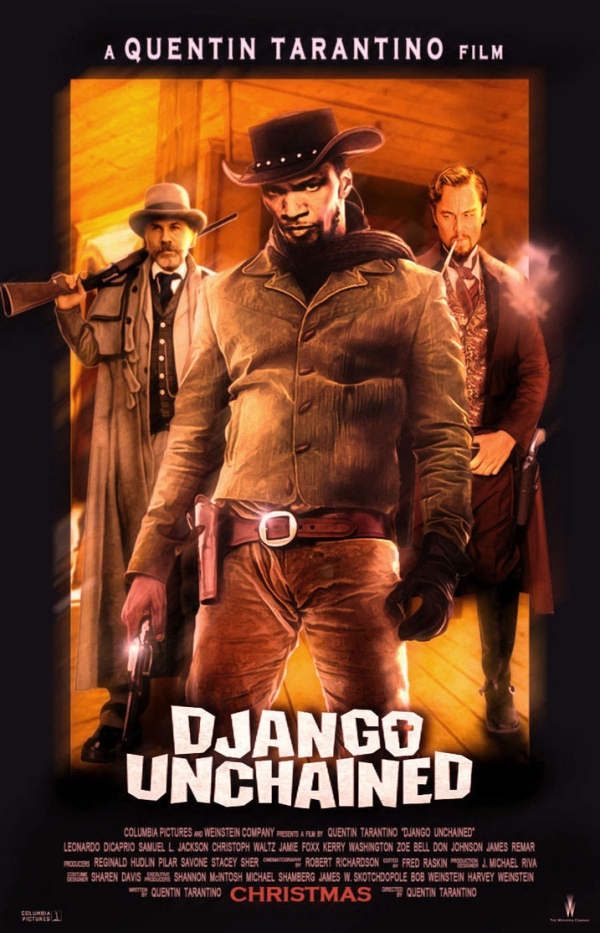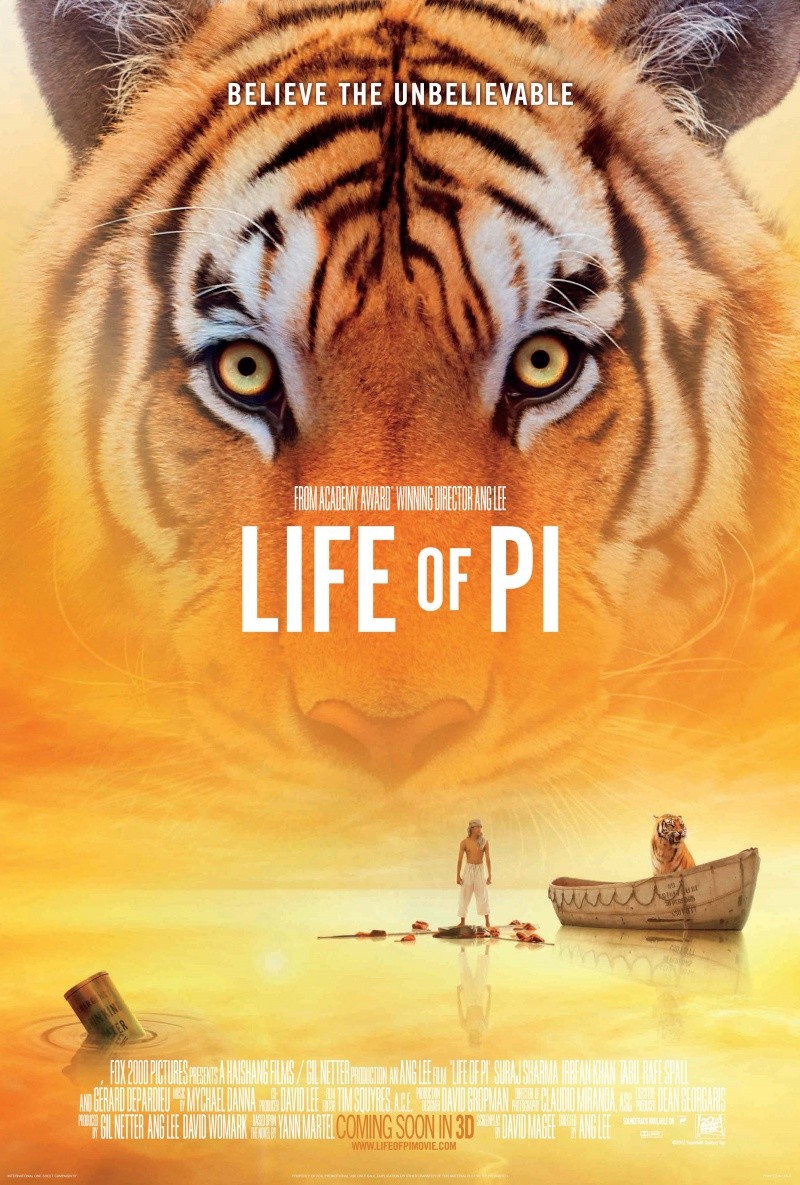Search Results for: mena
This week is a bit special: below are FOUR of the ‘almost’ picks for Amateur Friday from the last several weeks, the ones that got a lot of buzz but didn’t quite get to the review stage. I’m reposting them to see which of these can beat out the rest in an “Almost Amateur Friday Deathmatch.” The last script is a wildcard.
This is your chance to discuss the week’s amateur scripts, offered originally in the Scriptshadow newsletter. The primary goal for this discussion is to find out which script(s) is the best candidate for a future Amateur Friday review. The secondary goal is to keep things positive in the comments with constructive criticism.
Below are the scripts up for review, along with the download links. Want to receive the scripts early? Head over to the Contact page, e-mail us, and “Opt In” to the newsletter.
Happy reading!
TITLE: Pâtisserie
GENRE: Drama
LOGLINE: A young Jewish woman in occupied France escapes the Nazis by changing places with a shop owner. But as her love grows for the other woman’s husband and child, so does her guilt.
WHY YOU SHOULD READ (from writer): My screenplay finished in the top 6% of last year’s Nicholls, perhaps you can tell me why it didn’t crack the top 5. It was also the Screenplay of the Month on both Zoetrope and TriggerStreet.
TITLE: Ship Of The Dead
GENRE: Vampire/Thriller
LOGLINE: After their medical rescue aircraft crash lands above the Arctic Circle, a terminally ill flight navigator must lead the crew to survival in the face of plunging temperatures, the impending arrival of 6 months of permanent darkness – and a horde of vampires taking refuge in a nearby shipwreck.
WHY YOU SHOULD READ: Finalist in the Peachtree Village International Film Festival.
TITLE: Observation Car
GENRE: Sci-Fi / Suspense-Thriller
LOGLINE: After witnessing UFOs and other strange phenomena, an insomniac on a cross country train trip suspects an alien invasion is underway, beginning with his fellow passengers, but when no one believes him, he must team with a fugitive stowaway to unravel the sinister agenda.
WHY YOU SHOULD READ: In an unfortunate newsletter mixup, this one didn’t get its official Amateur Friday ‘win.’ It got a lot of attention in the comments a few weeks ago and even “Rose in the Darkness” writer Joe Marino was impressed: “Just a fun, fast read with lots of professionalism and class. Great genre piece. Brefni is a very talented, ambitious writer and this script really shows off his strengths.”
TITLE: Fortune Cookie
GENRE: Contained-Dark Comedy/Suspense
LOGLINE: A young woman opens a fortune cookie with the prophecy that she will die if anyone leaves the restaurant. When the fortunes of her dinner companions come true, she takes the restaurant hostage.
TITLE: In Lieu of Flowers
GENRE: Dark Comedy
LOGLINE: A man sets out to to plan himself an epic funeral, only to find himself falling for the woman he hires to plan it.
WHY YOU SHOULD READ (from writer): It received a couple of favorable reviews from Blacklist readers (two 8’s), and was referred by the Blacklist folks to the Sundance Institute for possible consideration in the January Screenwriter Lab. Also? There are jokes, and I’ve been told they don’t altogether suck. So that’s nice.
Before Star Trek Into Darkness, before Lost, JJ Abrams wrote a draft of Superman. This is that draft.
Genre: Superhero
Premise: A slightly reimagined Superman origin story which includes an enemy from his home planet coming to earth to take him down.
About: This is JJ Abrams Superman entry, written in 2002, back when JJ was just your average TV show producer, finishing up work on Felicity and starting up work on Alias. The show that would make him a household name, Lost, was still just a twinkle in his eye.
Writer: JJ Abrams
Details: First draft (July 26, 2002) – 138 pages
Superman is still stinging from its horrible previous installment, which very well may have destroyed Bryan Singer’s reputation. The film was just so…forgettable. And badly written. Nothing made sense. Superman, who looked 25, had supposedly left earth for ten years? So he left when he was 15? Already I’m confused. Then nothing really happened. I couldn’t tell you what the story was about. There were no stand-out scenes. Superman was horribly miscast, as was Lois Lane.
I think the scene that epitomized the screw-up for me was the shuttle scene. It didn’t have anything to do with anything. What I mean by that is: it wasn’t woven into any sort of plot. It was just this standalone short movie of Superman saving a shuttle.
I said then that if they were ever going to reboot Superman and get today’s audiences interested, they were going to need to go darker like Batman. I know, I know. That’s “not Superman.” But it’s what audiences are digging, and Superman needed a makeover to appeal to today’s youth. I haven’t seen the movie, of course, but Zach Snyder’s version already looks a thousand times better than that previous abomination.
Which brings us to this draft, which I’ve heard at least partly inspired the most recent movie. But let’s face it. That’s not the reason I’m reviewing it. I’m reviewing it because it’s the JJ Abrams draft. I just had to know what he would’ve done with Superman. And the results are both encouraging and…not so encouraging with an ending so sacrilegious and “out-of-left-field” that I’m pretty sure it was born out of JJ’s first experience with peyote.
JJ’s Superman is basically an origin story with a few twists. It starts out with an awesome battle between Superman and an alien baddie named Ty-Zor from his home planet. They’re throwing each other through buildings, that sort of thing. And Superman is basically getting his ass handed to him.
Eventually we cut back to Krypton and get a detailed look at the civil war going on there, with 100 foot tall robot machines shredding up Kryptonians like a top chef. We get the familiar scene with Supes’s dad putting him in the spaceship, sending him to earth, where he lands at the Kents’ farm, where he grows up with them and yadda-yadda-yadda.
Where the script starts deviating from lore is that it makes Lex Luthor the head of the CIA. Lex is obsessed with UFO phenomena and is trying to convince his bureau to spend more time and resources on it, convinced that little green men are going to become a threat to earth at some point and they need to be ready for it. When a young new reporter, Lois Lane, writes an article about Luthor’s exploits, he has no choice but to tell the world that the U.S. has actually FOUND a UFO.
This freaks Superman (now Clark Kent) out, since he figures Luthor may be referring to him. And he doesn’t want any part in being exposed. Eventually, Luthor’s obsession with UFOs starts to piss the bureau off, and they fire him. Well, you don’t fire Lex Luthor and not expect consequences. Luthor eventually finds and teams up with Ty-Zor, who’s come to earth specifically to kill Superman. Superman may be super and all but (spoiler) he’s apparently no match for these two and is KILLED. Yes, Superman dies.
Or does he?
Eventually we learn that Superman isn’t dead at all, and comes back to take down Luthor, who’s since been awarded the planet by Ty-Zor. Finally the truth is revealed about Lex Luthor and the reason he’s so obsessed with aliens. Turns out Lex Luthor IS AN ALIEN. He’s from Superman’s home planet and has been hiding here. Which results in a final flying city-wide battle between Superman and… Lex Luthor? Holy origin-destroyer Batman. What the hell just happened??
Oh sheesh. Where to begin…
First of all, I’m convinced my man-crush JJ Abrams had nothing to do with this bizarre choice to make Lex Luthor an alien. Some producer came up with that idea. I know it. One thing good writers know is when they’ve gone too far. Or when a choice is too ridiculous or not believable. They just have an intricate feel for what works and what doesn’t. JJ had been working as a screenwriter for a decade at this point. I just don’t think he would’ve personally incorporated this bizarre choice into the story. Maybe I’m in denial. But I can’t accept it. And whoever DID come up with that idea needs to be escorted out of Hollywood permanently.
As for the rest of Superman, I think the challenge for this franchise has most recently been about making it current. It was designed in a different time. We don’t have the “aww shucks” newspaper photographer anymore. Heck, we don’t even have newspapers anymore! Combined with this need for comic book nerds to keep Superman “pure,” it’s just really hard to update it. JJ does his best, but the story still seems stuck in the past.
In particular, the gears of the screenplay seemed more focused on getting in all the necessary “lore” as opposed to just telling a story. Gotta get in the introduction of the suit and cape! Gotta get in that Lois Lane-Superman interview for the paper! Gotta get in the kryptonite intro! Instead of just a naturally flowing story, the screenplay seems designed around artificially incorporating these elements.
The truth is, when you’re telling an origin story, you’re dedicating 40-70 pages of your script to setup alone. And no matter how interesting that setup is, it’s still setup. The audience wants to see the plot get going. Singer tried to do this in the last Superman, by nixing the whole origin story in favor of sending Superman home then bringing him back again, but it was the wrong story element to use, as it was simply too confusing and clunky.
When JJ’s plot gets going, it sort of loses its way as well. Part of the problem is we have two villains here. Now I’m all for double the villain-ry. It’s fun to see a superhero have to take down two assholes instead of one. The problem is these villains never quite gelled together. It felt more like JJ was trying to decide which villain he liked best as he went along. And that may have been the case. Remember, this was a first draft. But I didn’t know where to focus my attention. Was Luthor the more important guy to take down? Or was Ty-Zor?
I think what Nolan did with Batman Begins was kind of genius. He didn’t introduce the best villain of the franchise in the movie. He waited until the second movie to do that. While it’s hard to imagine a Superman movie without Lex Luthor, Ty-Zor was a pretty damned worthy adversary. I mean this guy is throwing Superman through buildings ‘n shit. We just should have built a story around him and brought in Lex for the sequel.
Despite the unending amount of setup here, JJ does manage to plug in a lot more action than Singer’s abysmal version. We have the Air Force One scene (which has since been ripped off numerous times), the Ty-Zor/Superman battle, the Superman mech-machine battle, and just some really imaginative cool scenes back on Superman’s home planet. Those things almost saved the script, but in the end, this messy first draft hadn’t figured itself out yet. Maybe JJ did it with the next one. But any script that has Lex Luthor with the same powers as Superman is going to be a fail in my book.
[ ] what the hell did I just read?
[x] wasn’t for me
[ ] worth the read
[ ] impressive
[ ] genius
What I learned: I love reading scripts like this because they remind me of how influenced we are by the moment. Whenever we write a script, we write through the filter of “right now,” of what the world is talking about, of what movies everyone’s watching, of how the writers of these movies are approaching their stories. JJ’s Superman feels very much like someone writing a script in 2002. It’s an origin story (just like X-Men from 2000 and Spider-Man of 2002). Just like X-Men, Superman’s flaw is that he believes he’s a freak, which is the reason he doesn’t reveal himself. There’s not a lot of originality here. For this reason, I encourage you not to be too influenced by the moment. Don’t write what everyone else is writing, or be swayed by the current trends. Try to write something that’s wholly unique, that, if looked back at 10 years from now, would stick out as its own thing, as opposed to just another version of what everyone else was doing.
This is your chance to discuss the week’s amateur scripts, offered originally in the Scriptshadow newsletter. The primary goal for this discussion is to find out which script(s) is the best candidate for a future Amateur Friday review. The secondary goal is to keep things positive in the comments with constructive criticism.
Below are the scripts up for review, along with the download links. Want to receive the scripts early? Head over to the Contact page, e-mail us, and “Opt In” to the newsletter.
Happy reading!
TITLE: My Asian Buddy
GENRE: Comedy
LOGLINE: A middle management loser befriends the new guy at work and changes his image.
TITLE: Observation Car
GENRE: Sci-Fi / Suspense-Thriller
LOGLINE: After witnessing UFOs and other strange phenomena, an insomniac on a cross country train trip suspects an alien invasion is underway, beginning with his fellow passengers, but when no one believes him, he must team with a fugitive stowaway to unravel the sinister agenda.
TITLE: The Express
GENRE: Thriller
LOGLINE: On the eve of World War Two, a reporter traveling aboard the Orient Express must solve a seemingly impossible crime, the kidnapping of a diplomat who has has somehow been made to magically vanish from the speeding train.
TITLE: In the West
GENRE: Horror/ Action Horror/ Period
LOGLINE: In 1704 a squad of English Rangers is sent on a mission to assassinate a French Officer, only to discover something evil in the uncharted wilderness of the New World.
TITLE: B & E
GENRE: Dark Comedy
LOGLINE:Two brothers in need of quick cash to pay off their mothers house, decide to pull a classic B & E on their rich, but arrogant, piece of shit step dad.
So you’re the kind of writer who rolls their eyes whenever someone mentions the Black List. You hear about middle class men needing beaver sock puppets to overcome their bi-polar disorder and upchuck in the nearest fern pot. Charlie Kaufman and Aaron Sorkin would better serve themselves washing your car than writing any more of their garbage. You like your movies dripping with 3-D CGI, not 2-D Philip Seymour Hoffman. And that’s why you got into screenwriting. You want to write these movies. You want to write the next blockbuster.
Well before we can discuss how to do that, we must agree on what a blockbuster is. A “blockbuster” (in Scriptshadow terms) would be any ultra-high budget, high concept, action or adventure film which would likely be slated for a summer or Christmas release. These are the films that allow the studios to pay their bills, and are therefore a “no expenses spared” celebration of Hollywood moviemaking.
We’re going to stay away from nontraditional blockbusters like Avengers (multiple protagonists – built off of pre-established characters) and Titanic (period piece without any traditional set-pieces). We’re also going to avoid films that, even though they did huge business, did so despite their screenplay, not because of it. Films like The Phantom Menace, Transformers, Alice in Wonderland won’t be celebrated here. I’ll instead focus on movies that built their box office on strong ideas and sound execution, as I feel there’s a lot more to learn from them. Films like Raiders of The Lost Ark, Avatar, Pirates Of The Caribbean, Star Wars, Jaws, Inception, and The Matrix.
Okay, it’s time for Obvious Oliver here. But before you write your blockbuster, TEST YOUR CONCEPT! You have to have a big exciting original high-concept idea for your 200 million dollar movie or else none of the advice I’m about to write will matter. You can have the best set-pieces in the world, but if the concept is unmarketable or boring or derivative, nobody’s going to read it. Why would they? They already know they can’t sell it. Make sure you have a cool “Blockbuster worthy” idea before you start writing. This is essential!!!
As for how to approach your blockbuster story, it’s best to stay within the confines of the traditional 3-Act structure. When a studio is spending 200 million dollars, they’re not itching to experiment. They want to stick with what works. That means a first act that a) sets up your main character and b) a central problem that needs to be fixed, a second act where a) the main character tries to fix that problem (his goal) and b) encounters plenty of conflict along the way, and a third act where he takes on the story’s big evil force and defeats it.
If you look at the above movies I mentioned, most of them follow this model. Indy, Brody, Cobb and Jake Sulley are all going after clear goals. Star Wars and The Matrix change things up by giving the mentor characters (Obi-Wan and Morpheus) the goal for the first portion of the story, before handing the reins over to the main character for the rest of the film. Pirates has the wonkiest structure of the bunch, enacting a “see-saw” approach where the goal keeps shifting between three different parties (Will, Jack Sparrow, and Captain Barbossa).
It’s no coincidence, then, that Pirates got knocked around for its complex plot when it first came out. And with that in mind, I’d use that as a lesson when writing your own blockbuster. Make the goal clear. Make the story easy to follow. It doesn’t mean you can’t complicate matters within your story, but the overall plot should be easy to understand. We should always know where we’re going. For example, Inception is a fairly complicated plot, but we always know what the goal is because it was stated up front – they have to place the thought inside Robert Fischer’s head, then get out.
Once you’ve got your three acts all figured out, it’s important to remember why audiences come to these movies. They want a rush. They’re looking for the same sort of excitement one gets from riding on a roller coaster at Six Flags. That’s not to say you shouldn’t have characters with flaws or unresolved relationships. Just that thrills take a high priority in these kinds of movies. For that reason, you’re always looking to shock an audience. You want twists and turns and surprise reveals and double-crosses. That wife who’s been with your hero for ten years? Have her turn on him. That guy who needs the data plans you have in that R-2 unit? Have his planet blow up right before we get there. You gotta keep us on edge in a blockbuster. The audience has to be taken up and down and up and down, just like a roller coaster. The second they feel safe, they’re bored.
Speaking of thrills, you’re going to want a cool villain. Big blockbusters and cool villains go hand-in-hand. So if you don’t have a memorable one, pack it in. There are lots of ways to approach villains. For example, make your villain strong where your main character is weak. But I’m not going to lie, the villains in your blockbuster are going to live or die on their originality and their flash. They have to stick out in some way. They have to be bigger than life. They have to be the kind of person that audiences are going to leave the theater excited to talk about. I read too many average, unoriginal, uninspired villains in amateur specs. Don’t be one of those writers.
But let’s get serious. When you’re talking about blockbusters, you’re talking about action. And that means great SET PIECES. These are the giant action scenes in your movie. After your concept and your main character, it can be argued that great set-pieces are the third most important thing in a blockbuster. That’s because THESE ARE THE SCENES THE STUDIO WILL USE TO MARKET THE MOVIE. If they don’t see anything new or unique in your set-pieces? If you’re not trying to push the envelope in some way? Then don’t bother writing a blockbuster, cause it will never sell.
I saw a script two years ago sell due to a SINGLE SET PIECE. Some of you may remember it. The opening scene had the core of the earth ripped off by a mega-nuclear bomb and our heroes flung into space. I couldn’t tell you a single thing that happened after that opening because the rest of the script sucked. But I’d NEVER read anything like that set piece before, and neither did the studio who bought it. Which is why they bought it.
In the typical blockbuster, you’ll have 3 or 4 “true” set-pieces. And the first thing you’re going to want to do is make sure they’re ORIGINAL. If they’re a rehash or a copy of something you’ve already seen, delete and start over. It HAS to be different. That’s imperative. Because that’s what studio executives are looking for. They’re looking for that thrill that nobody has seen before. Look at Terminator 2. James Cameron set his car chase set-piece in the Los Angeles viaduct. Ever seen that before? Nope. But he went one step further. This wasn’t one car chasing another. It was a SEMI rig chasing a DIRT BIKE! How fun is that??? Add on two indestructible robots and you had one of the most exciting original never-before-seen set-pieces in movie history. If you can pull this off 4 times in your script, chances are you’re going to get a reader’s attention.
Now where do you put these set-pieces? Well, you probably want one every 30 pages. That means 3 or 4 set pieces total. Where you place these is up to you and is typically dictated by the story itself. The Bond films, for example, like to put a set-piece right up front in the opener. The Empire Strikes Back, however, saves its first major set-piece, the Hoth battle, for 40 minutes in. In general, you’ll have one big set piece in your first act to get everybody all jazzed up. You’re obviously going to have one for your climax. That leaves two set pieces for your second act, whose placement, again, should be dictated by the story.
Another thing you have to remember about blockbusters is that they’re almost always rated PG or PG-13. The studios want to lure in the largest audience possible, so besides a few exceptions (i.e. The Matrix) they’ll stay away from R rated material. This also means the films will typically be light-hearted. Blockbusters (unless they’re directed by Christopher Nolan) should put people in a good mood. They should be fun and exciting (like a roller coaster!). For this reason, you’re going to want humor. And the best place to find that humor is in a “comedic sidekick.”
Now the “comedic sidekick” has gotten a bad rap over the years. That’s because it used to mean a side character who was actually funny. Then someone decided to turn it into a “thing” (the COMEDIC SIDEKICK!) and everyone started taking it literally. The result was a bunch of empty characters whose only job was to spew out cheesy one-liners. Avoid that “comedic sidekick” if possible. Instead, remember that there are different kinds of funny, that you don’t have to follow the traditional definition of a comedic character. Jack Sparrow is funny for being clueless. Han Solo is funny for being an asshole. The comedic sidekick in the The Dark Knight was the villain, The Joker, who definitely has his own sense of funny. Regardless, it’s a good idea to have funny in your blockbuster. Studios want people to laugh during their blockbuster trailers. They want them to feel good. People who feel good go see those movies.
Some final things you want to keep in mind. Don’t go TOO thin on the story. Despite the emphasis on things like thrills and villains, you still gotta keep us invested. I see too many blockbuster writers depending on their action scenes, essentially writing a bunch of fluff in between them. Ask yourself if your story is interesting without the action. There’s gotta be SOMETHING dramatically going on to keep us interested for 2 hours. So even though story isn’t AS important in the blockbuster genre, the better yours is, the more likely it is your script will sell.
Also, make sure your blockbuster BUILDS. In general, you want the feeling like we’re climbing stairs during your story. With each step, we get higher, and the further up we get, the further we can fall. This means fights get bigger, stakes get bigger, battles get bigger, chase scenes get bigger. During each stage of the script, make sure what’s happening is bigger than what happened before. This is not a hard and fast rule, of course. The Hoth Battle in Empire is the biggest set-piece in the film. But in a traditional blockbuster, we should feel the story building , with the final climax being the biggest moment of all, where everything for everyone is on the line.
Blockbusters are made to entertain, which means many of the superficial elements I typically rail against on the site become important in this world. I’ve struggled with this notion because the idealist in me has always believed that the better the story, the better a chance your script has at selling. But there’s no doubt that in the blockbuster world, if you come up with a kick ass concept, a memorable main character, and three amazing set pieces, you can sell your script to the right buyer. So make sure those elements are in place. Still, keep in mind that readers want to be taken away by a story. So if you can add a great story to all this, your chances of selling your blockbuster spec go up exponentially. There just aren’t that many writers who are good at both of these things. So if you’re one of the few who are, you can go a long way in this business.
Is one of the most hated movies of the year really in my Top 10??
I have to admit I was a little disappointed by this year’s crop of films. There was nothing that truly wowed me, that I HAD to recommend to my friends. There should be 2 or 3 movies a year where as soon as they’re over, you call your friends and say, “You have to see this now!” That’s not to say it hasn’t been an interesting year in film. We had a lot of stories, starting with the trilogy-closing Dark Knight Rises. I think Nolan’s penchant for extending his stories out past traditional run-times really hurt him on this one. The film clearly felt 45 minutes too long. Skyfall was adequate, but hardly recommend-worthy. The Hobbit is more a talking-piece than a film (it’s impossible to see that film in 48fps and not want to discuss the technology afterwards). I wish I liked Family Guy more as “Ted” appeared to be the breakout shocker of the year. “Safe House” was also pretty good for what was a safe (no pun intended) script. It also became the second-highest grossing movie of the year that came from a (true) spec script, at 126 million (Snow White And the Huntsman was number 1 at 155 million). No spec script films made it into the top 10. :) Let’s try and change that in 2013, guys.
The Bourne Legacy lost its mojo with the exit of Matt Damon. Argo was decent, but carried with it a strange seriousness that was always at odds with its outlandish true story. I’m still not sure why Judd Apatow made a movie based around the two most annoying characters from Knocked Up. But I was surprised to find that I actually liked the comedy crop of 2012. The Campaign, That’s My Boy, and The Dictator were all funny. None of the three were good enough to make my top 10, but they all made me laugh pretty consistently. It’s another reminder that you never know with comedies. I didn’t like the scripts for The Campaign or That’s My Boy, but the comedic mastery of those actors totally saved the projects (Will Ferrell is hilarious in The Campaign).
A few movies that I didn’t get to see but wanted to were Wreck-It Ralph, Cloud Atlas, and End Of Watch. I haaaated the End Of Watch script but everyone who sees it tells me it’s great. I hope it is. I’m always fascinated by bad scripts that become good movies. So I’ll be seeing that one soon. Oh, and there was one other movie I forgot to put on my Worst Of 2012 List yesterday: “The Watch!” What the heck was up with that movie??? Four guys sit around for 90 minutes. That’s the movie! That was one of the strangest viewing experiences I’ve ever had. Literally NOTHING happens. Anyway, enough of the trashing. It’s time to celebrate cinema. Here are my Top 10 films of 2012.
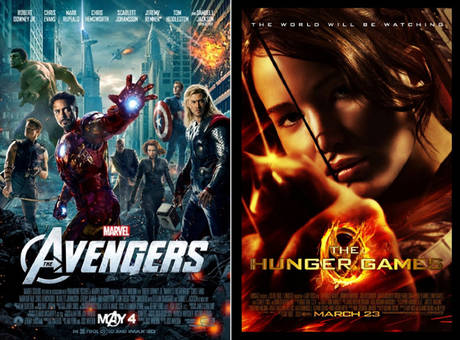
10) The Avengers/The Hunger Games – As much as I love good writing, I also enjoy seeing what happens when Hollywood goes all in on a movie. I love to see where they put their money. I love to see the latest advancement in special effects. I love to be taken somewhere I’ve never been before. Plopping down in that seat and turning off my brain off for two hours is a welcome relief from all the analyzing I have to do. Does that mean these movies were great? Hell no. If any of you said, “Yeah, but Carson, Plot Point A from Avengers is terrible and Decision C from Hunger Games is stupid,” I probably wouldn’t argue with you. But that doesn’t matter as much when you have Hulk smashing. Or Iron Man and Thor fighting (despite the fact that there’s no reason for them to!). And you know, I LIKED the setup for Hunger Games. Do I wish it would’ve been rated R so that we REALLY saw what happens when kids fight each other to the death? Sure, but of course that movie will never be made. For a PG-13 treatment of the idea, however, I thought they did a pretty good job. These movies were vaporware. I’ll never see them again. But for the 2 hours I sat there and watched them in the theater? They were fun!
9) Prometheus – I almost didn’t include this one just because of how much shit I’d get in the comments section for it. But then I put my big boy pants on and buckled up because I LIKED this movie. And no one’s going to convince me that I didn’t! I still believe a lot of the blowback has to do with franchise expectations and a killer trailer that promised a classic. I went into this with no expectations and didn’t see that trailer. So I wasn’t burdened by these things. And what I got was a compelling interplanetary mystery. A group of scientists head to a remote planet to inspect what could be the origins of mankind. Shit goes wrong. Sounds cool to me! The thing is, it’s hard to present a contained story like this where monsters/baddies aren’t chasing our characters around. Without them, the story can feel a little slow. You could make the argument that not much “happened” in Prometheus (if you weren’t into the mystery) until the third act. But I was into the mystery. I wanted to find out who these big bald white dudes were. So I was down til the final frame. I loved the production design. I loved the way the film was shot. I thought the acting was top notch. I loved the surprises in the plot. This movie was fun, and not even close to how bad you guys think it is. You wanna see what TRUE bad looks like? Watch this video. You’ll have a new found appreciation for Prometheus.
8) Jiro Dreams Of Sushi – It may appear as if I’m trying to gain some geek street cred after celebrating one of movie geeks’ most hated films of the year. I mean, Jiro Dreams of Sushi is the most film snob of choices: A foreign documentary with subtitles! But I loved this movie and let me tell you why. It’s about the best Sushi Chef in the world. His restaurant received the elusive 3-star Michelin award. For those who don’t know what that means, it means that food critics believe the restaurant is good enough JUST TO FLY INTO THE COUNTRY FOR. But what I really like about this movie was that you could just as easily apply the lessons learned to screenwriting. Just like screenwriting, creating sushi is a craft. It looks simple. Just add rice and a piece of raw fish (just words on a page). But it takes thousands of hours to perfect that craft (sound familiar?). Jiro is so meticulous that when he’s serving a party, he actually makes the sushi pieces for the women a little smaller than the ones for the men, so that they all finish at the same time. You will never look at sushi (and maybe screenwriting) the same way again after watching this film, which you can find on Netflix streaming.
7) Chronicle – I love when writers take ideas and evolve them. The found footage thing was reaching its breaking point in the horror genre. So to move it over to high school kids discovering a mysterious glowing object and developing super powers was kind of genius. The movie’s not perfect (no film on this list is, unfortunately) and they probably overplay the amount of abuse its main character had to go through (the scenes with daddy beating hero were ridiculously over-the-top), but you also have to commend the film for wrapping its story around an anti-hero, something you don’t see in many mainstream movies not named “Pirates Of The Caribbean” these days. And I don’t know, seeing it all go down via hand-held video gave it a realistic feel the movie never would’ve accomplished had it been shot traditionally. The effects were good too! Chronicle was a nice surprise.
6) The Grey – It’s impossible for me to disassociate this viewing experience from my original reading experience. For those who don’t know, I went gaga over this script when I first read it. And I was constantly getting updated on the movie as it went through various stages of development/production. To see it come to screen felt a little bit surreal. The big difference, I felt, between the film and the script, was that the film felt a little more hopeless, a little more depressing. I don’t know why, but I felt hopeful while reading the screenplay. Maybe in the way Ottway challenged those wolves. How he always knew what to do. And, of course, when he finally takes the Alpha on in the end (which wasn’t shown in the movie). I wish the movie would’ve embodied more of that hope. Despite that, the script nailed everything else that made the script great. You felt for Ottway. Neeson delivered those amazing voice overs perfectly (and his performance overall was awesome). The plane crash was great. The conflict between the characters was great. The conflict between the humans and wolves was great. There were a few slow spots, but overall, I really liked this one. Still think he should’ve fought that wolf though!
5) Moonrise Kingdom – Wes Anderson is back! He found his mojo! Life Aquatic and Darjeeling Limited were okay, but they felt like he was treading water. Moonrise proves that Anderson is best when he’s dealing with the awkwardness of youth. This is the way a love story should be told, dipped in messiness and rolled in weirdness. I LOVED the performances of the two leads, Jared Gilman and Kara Hayward. I loved that Anderson wasn’t afraid to push the envelope with their love, going places you’re not going to see in any Sisterhood Of The Traveling Pants sequels. I do wish Anderson would continue to evolve the look of his films. It’d be nice to see an occasional frame without everybody centered in it and staring at the camera, but hey, that’s his voice. And it worked nicely for Moonrise.
4) Zero Dark 30 – It’s dark. It’s serious. It’s a lot of un-botoxed people in rooms having important conversations. But it’s also good! I have to give it to Boal and Bigelow. They gave us a tension-filled thriller with an amazing climax. Do I wish the thing were shorter? Of course. Do I wish Jessica Chastain would’ve smiled once during the movie? Sure. I think if that character would’ve been more charismatic, more interesting – if we had known more about her, this film could’ve been a classic. The wall they put between us and her really hurt the film because she’s our connection to this story. We needed to get inside of her (that sounded wrong). But outside of that, this really did feel like how it would be behind the scenes in the hunt for Bin Laden. And it’s also another endorsement for the Goal-oriented screenplay. Make the goal big enough, and you’ll have us wrapped around your finger til the very end!
3) Silver Linings Playbook – Again, it’s the same advice I just gave you with Moonrise. If you’re going to write a love story, give us something different. We’ve seen the normal stuff a billion times over. You’re going to bore us to pieces if you do it again. Playbook has a main character who just got out of the nuthouse, a romantic interest who just lost her husband, fucked every guy at her work, and who is ALSO crazy, and the two enter a dance competition together, of all things. It’s just so bizarre. But it also works! — Was interesting to see that the big change from the draft I read was the betting stuff with the dad. That wasn’t in the script. My guess is that with Robert De Niro playing the father, they needed to beef up his role. Hence the change. It’s a great screenwriting lesson actually. Write every character as if you’re trying to snag a big actor. You’ll find yourself looking for unique interesting things to do with the character you never would’ve thought of had you been writing somebody “normal.” This is easily the best date movie of the year.
2) Django Unchained – It’s funny walking into a film and knowing you’re going to love it. I mean this script was PHE-NOM-E-NAL. But then how is Django Unchained only number 2 on my list? Wasn’t this a Gangbusters shoe-in for number 1? Well, here’s the thing. I’m not a huge Jaime Foxx fan, and I’m kinda surprised Quentin cast him. I thought he was going to pull a Pulp Fiction or Inglorious Basterds and pluck somebody out of obscurity we’d never heard of, or at least someone we hadn’t heard of for a long time. Foxx was the safest casting choice Tarantino’s made in a major role in his entire career. I was hoping I’d be wrong and Foxx would nail it, but I’m not sure he did. He was good, just not great. But outside of that, I thought DiCaprio was awesome. I love Waltz in anything, and he was great here. I loved Sam Jackson, who was a perfect villain. And all the scenes played out just as amazingly as they did on the page. Oh, and let’s not forget the only part of Tarantino’s scripts you don’t get in the script – the soundtrack! Once again, Tarantino proves he’s a master in this area. This is one of the only films I saw this year that I’ll be seeing again. Awesome stuff!
1) Life Of Pi – They say the movies that leave the biggest impression on you are the ones that burrow deep down inside your soul and challenge you to face things you’re either afraid of or never considered before. I’m not the most religious person in the world, but faith and religion do fascinate me. (spoiler) Life Of Pi finishes with an amazing question: “Which story do you believe?” I don’t want to spoil it by going any deeper than that, because the twist ending is what sets this film apart, but it’s a cool challenge the movie sets forth. The main character says he has a story that’ll make you believe in God. And Ang Lee did a pitch-perfect job of bringing that story to life. I thought this book was un-adaptable. And he found a way to make it even better! This is the only movie I’ve seen since Avatar that I’d recommend seeing in 3-D. There are these amazing shots both under and above water that have you double-checking your glasses to see if you’re really in the theater. The sinking ship with our main character treading water while watching hopelessly in the foreground has to be the best shot I saw in 2012. The acting from Old Pi is phenomenal. You want to talk about deserving an Oscar – Irrfan Khan puts everybody this year to shame. Even the kid who played Pi, who I was the most worried about, did great. This is a visual masterpiece with a heartwrenching friendship between a boy and a tiger with an ending that’ll make you question everything you know. The best film of 2012 for me!
Get down with the requisite Prometheus bashing, then tell me what your favorite movies of the year were! And stay tuned for Friday as I unleash my top 10 favorite amateur scripts of the year!


